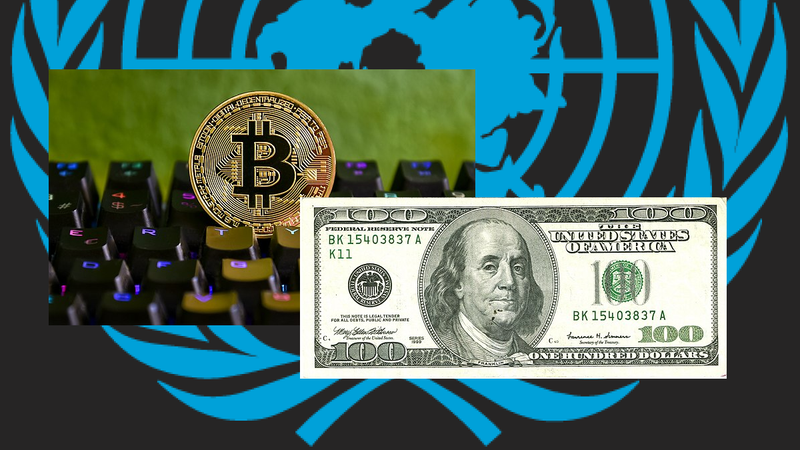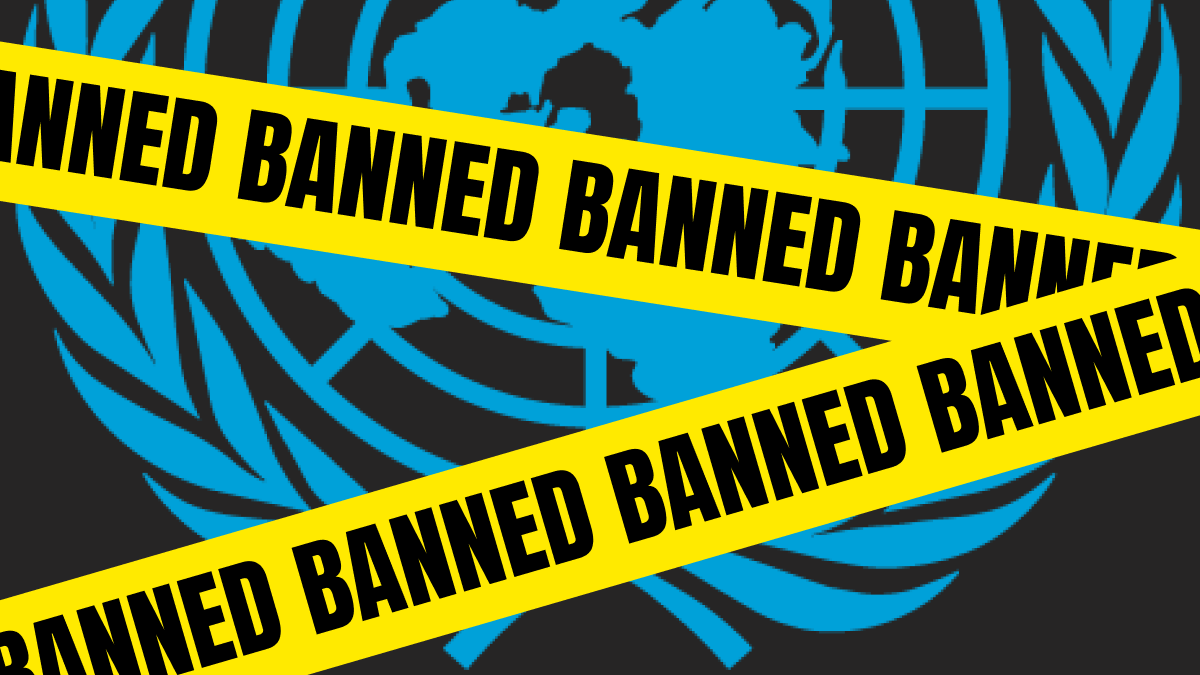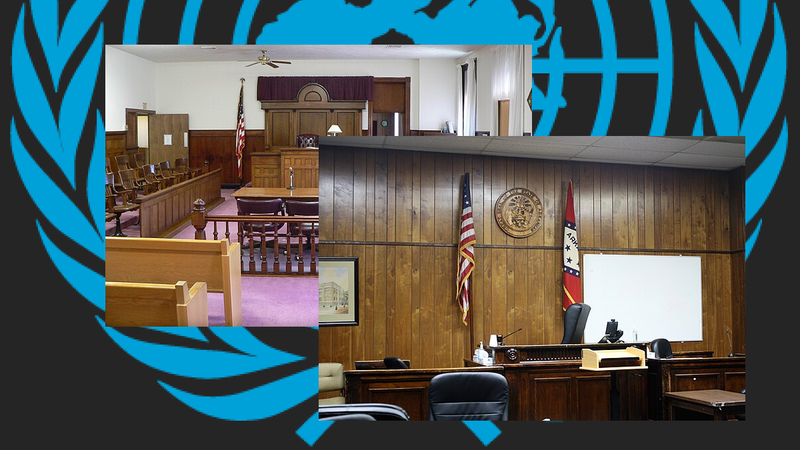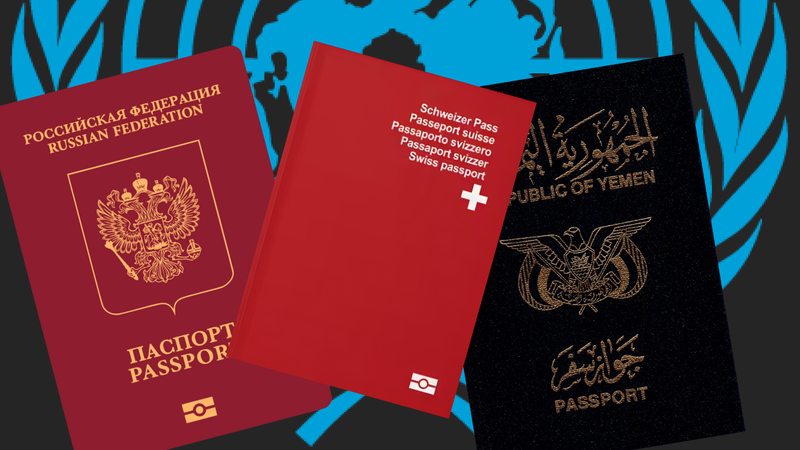A Human Rights View On Finance
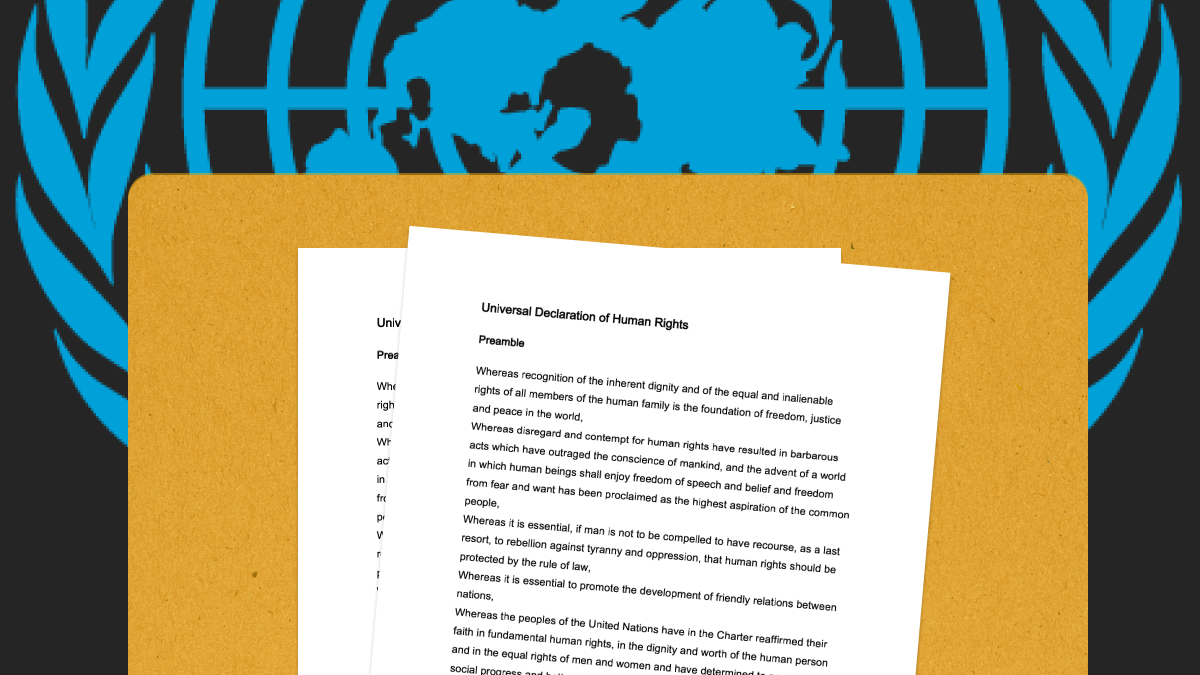
This article is part of a six-part educational series in cooperation between The Rage and the non-custodial, peer-to-peer Bitcoin exchange Vexl.
"If I had a world of my own," says Alice, "everything would be nonsense. Nothing would be what it is, because everything would be what it isn't."
In Alice's Adventures in Wonderland, Alice discovers a world that has freed itself from normalcy as a definitional frame – a world in which men in hats hold tea parties and only speak in riddles, where cats give advice, and communicating strictly in poems is deemed totally acceptable.
Due to the inherent subjectivity of what we define to be normal, applying the frame of normalcy in governance is a tricky thing. Normalcy as a form of governance must always impose an understanding of what is normal, while denying the governed the free expression of what they deem to be normal.
Normalcy as Governance
In finance, every day, AI-driven algorithms sift through hundreds of thousands of bank transactions to flag activity falling out of a pre-defined normalcy cluster in attempts to prevent financial crime.
By federal laws, spending or receiving more than $10,000 in cash is deemed 'unnormal' – meaning suspicious – in the US. In the EU, this threshold can be lowered as far down as €3,000. This means that anyone selling a used car, a rubber dinghy, or a luxury handbag for cash will inadvertently find themselves in a Government database and on law enforcement's radar as soon as said cash is deposited into a bank account. These reports are called Currency Transaction Reports (CTRs).
In addition to CTRs, banks are required to file so-called Suspicious Activity Reports (SARs). SARs are filed when customers make transactions which fall outside of their known transaction behavior. This could be a person working minimum wage depositing $9,000 because they just sold their car, or a person sending money to a family in Morocco who they met while couch surfing.
The frameworks governing this flagging are what we call Anti-Money Laundering. When a person is flagged by an Anti-Money Laundering system, having your activity deemed 'unnormal' has real-life consequences. First, a compliance officer will draft a report, and transmit this report to a country's Financial Intelligence Unit – the part of the Government in charge of fighting Financial Crime. This report, along with all your personal details, will then be made available to law enforcement for investigative leads, who may choose to open an investigation into you. Regardless, your personal information will be indefinitely stored in a giant Government database for potential future use.
Anti-Money Laundering flagging is usually tuned to maximum sensitivity, meaning that banks drastically over report activity to the Government. This is owed to the fact that Governments rarely penalize banks for facilitating actual money laundering, but rather for lacking adequate Anti-Money Laundering programs. The more people slip through the cracks, the higher the fine.
Once an Anti-Money Laundering program has flagged you for 'unnormal' behavior, the bank will likely close your account, because it does not want to bear the risks – or the costs – of continuing to offer you their services. To close your account, the bank does not have to accuse you of a crime or any misconduct; it can simply exercise its right to no longer serve you as a customer. These types of account closures, as well as the practice of over reporting activity to the Government, are known as CYA – or Cover Your Ass.
How Your Bank Affects Your Freedoms
The problem with this widespread reporting, and the consequent surveillance that arises from it, is that there is little we can individually express without spending money. Purchased a train ticket to go to a protest? The police could just pay you a visit tomorrow. Bought a book about the Cuban revolution? Congrats, you may find yourself on a Government watchlist. Like eating at that Syrian restaurant down the street? You might just be labeled a terrorist sympathizer.
So what can you do if you’ve fallen victim to anti-money laundering flagging? Disclosing why the bank has closed your account – or simply flagged you – due to the suspicion of money laundering is deemed a felony in close to all jurisdictions around the world. This means that even if the bank wanted to tell you why it can no longer serve you, and potentially give you the opportunity to resolve the dispute, it is officially barred from doing so.
Because banks must fear no retaliation from former customers – if the information on your account closure must remain a secret as mandated by law, it is hard for customers to take legal action against an account closure – banks tend to close accounts fast and frequently.
This secrecy then opens up new alleyways for political censorship. While many are aware that those holding unfavorable political views may face censorship from platforms – both online and in real life – anti-money laundering laws are frequently abused to silence those who may become uncomfortable to the establishment; from Wikileaks to the Trump family to those protesting for human rights or civil liberties.
What makes anti-money laundering laws such an efficient tool for political censorship is that money is at the heart of the society we live in. Oversight of our bank accounts gives the Government insight into our political affiliations, our medical histories, and sexual preferences, while control over who may access the global financial system bears the power to effectively end a person’s ability to exercise any of their other rights guaranteed by both national and international law – from the freedom of movement to the freedom to express yourself.
Over the next few articles, we will take a deep dive into how anti-money laundering measures can affect our everyday lives, taking the UN Convention on Human Rights as guidance.
Independent journalism does not finance itself. If you enjoyed this article, please consider making a donation.



